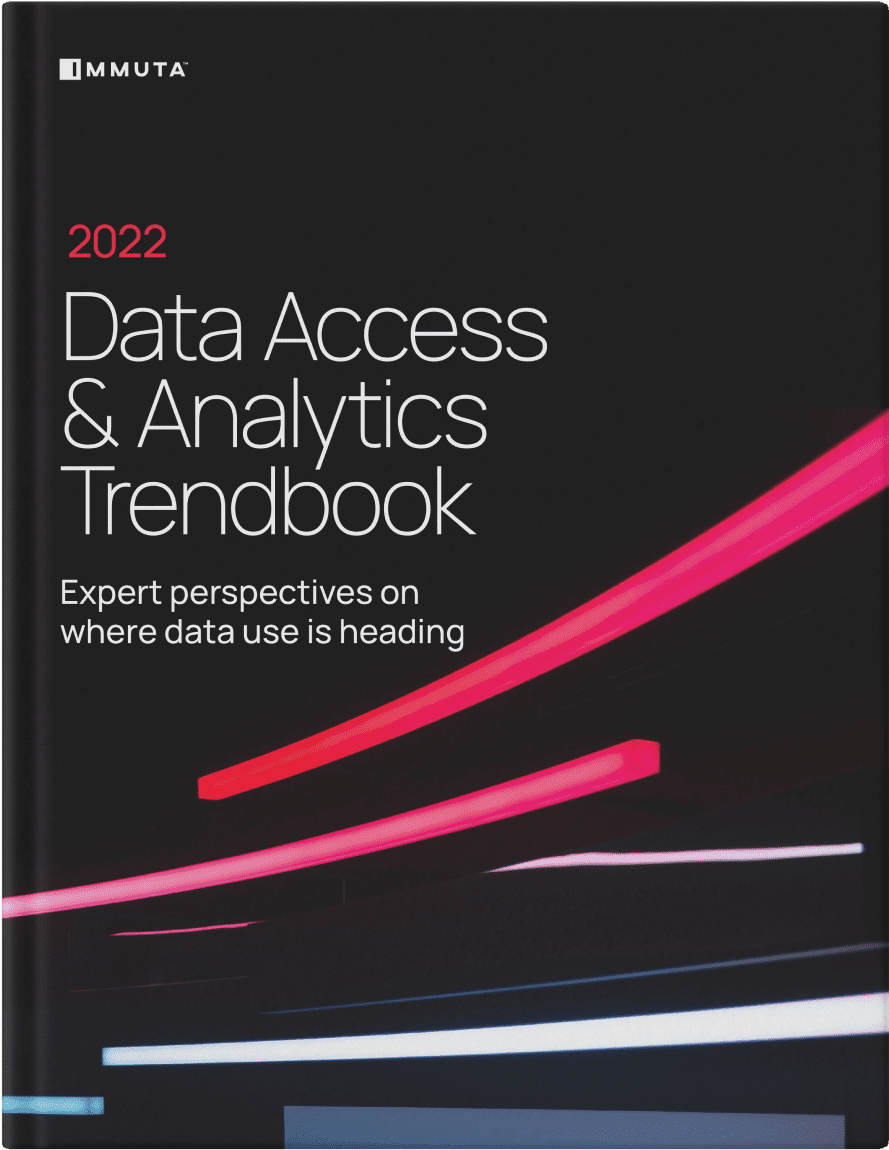Data leaks are everywhere in the news. Is your company safe and readily able to prove compliance?
While advanced security measures have become increasingly important for protecting businesses against data breaches, lost data, or other security threats, one simple and straightforward tool is often overlooked — the data audit trail.
What is a Data Audit Trail?
A data audit trail is a detailed log of every action or activity taken related to data or reports. This includes any time data is created, modified, relocated, or deleted. While paper audit trails were originally kept manually, now digital records can be automatically tracked via audit trail if you have the right software platform capable of data auditing.
For small organizations, a data audit trail or audit log may capture a few dozen to a few hundred actions, while large businesses can have audit log actions that stretch into the thousands. For that reason, having a dedicated audit tracking and data management solution in place is absolutely essential.
A data audit trail can help you answer key questions about your data, including:
- Who viewed, modified, or moved data?
- When was the data changed?
- How did a user access this data?
- What was the exact query used to find and access this data?
- Was this access authorized?
- Were the changes approved by someone with the authority to approve such changes?
- Were any rights abused?
Answering these questions can be the difference between safe and secure data, and a breach. But they’re not the only reasons why a data audit trail is vital for your business.
2022 Data Access & Analytics Trendbook
Expert perspectives on where data use is heading
Download Ebook
Why Do I Need a Data Audit Trail?
Audit trails aren’t just beneficial in some situations — for most organizations they are absolutely critical. Here are three of the primary reasons why a data audit trail may be necessary for your organization.
Compliance
Most businesses are legally obligated to have a data audit trail. Multiple government-mandated standards and regulations, including ISO 27001, PCI-DSS, HIPAA, PNR Directive, and more, require some form of audit trail.
For example, one regulation requires data audit trails to be set up in such a way that they cannot be manually altered to display information that differs from what the log actually captured. This is designed to help reduce instances of fraud, another powerful reason why you need a data audit trail system in place.
Internal Protection
Having a data audit trail can also protect your organization from internal fraud. If something is amiss, such as adjusted financial information or other potential irregularities, a robust data audit trail will allow you to see exactly who accessed the information, what changes they made, and when. This will give you all the evidence you need in an investigation or when looking for culprits.
Additionally, using the same method, a data audit trail can help you identify accidental but costly mistakes, and encourages employee accountability and responsible data use.
External Protection
Having a data audit trail can protect you from outside breaches as well as internal fraud. Cyberthreats have only risen in recent years, creating an unprecedented risk for sensitive data to be exposed. While a data audit trail isn’t your first or strongest line of defense against external data breaches, it can help you identify where and when breaches occur, and retrace your steps after an attack in order to return your data to its original state. This process can also help identify weaknesses in the data supply chain and how to fix them, so as to avoid future breaches.
Benefits of Data Audit Trails
Aside from the essential requirements listed above that data audit trails satisfy, there is also a long list of benefits that, while not legal obligations, can be a boon to your company’s data management and security plan. Here are six of the biggest benefits of maintaining a data audit trail. These benefits are even more pronounced when using a platform like Immuta to automate your data auditing and seamlessly integrate it into your organization’s processes — without getting in the way of managing a profitable business.
Accountability
Imagine that you receive an urgent email from someone within your organization that a crucial bit of data has been deleted or altered. Whether this was done deliberately or by mistake is unclear. But if you have a data audit trail in place, you can simply log in and have a look at who accessed the data last, when that access occurred, and what changes were made. From there, you can investigate whether the action was malicious or accidental, and act accordingly.
Improved Data Practices
While it may bring to mind “Big Brother” from George Orwell’s 1984, the truth is that most people behave better when they know they’re being watched. This also applies to your data. When your employees know that their actions are tracked via a data audit trail, they’ll be more likely to consistently follow best practices and tread carefully when managing data. Ultimately, when it comes to sensitive data management, that’s exactly the type of behavior you want to ingrain within your organization.
Recovery
In the example above, a data audit trail may not only help you identify who’s responsible for adjusted data — it can also help you recover the data to its original state. A robust data audit trail means that you can track a history of changes to data, allowing you to revert it to a previous state in the event that important data is lost and needs to be recovered.
Protection Against Leaks
If you encounter suspicious activity related to your data, an audit trail can help you investigate that activity and identify potential data breaches. Even professional data breach investigators will rely on your audit trails to not only track down and identify the party responsible, but also to help dramatically reduce the risk of future leaks.
Intrusion Detection
We often think of data breaches as smash-and-grab events, but in reality, most data leaks are the result of careful coordination and planning over months or years by the responsible parties. Having a data audit trail in place can help you not only identify breaches, but identify intrusions that come from hackers making early entries into your security system or from internal parties using your data for unauthorized purposes little by little in an effort to avoid detection.
Activity Monitoring for Analysis
Collecting data about your data? In today’s data-driven world, it’s not far-fetched. In fact, analyzing your data and the way it’s stored, managed, and used can provide key insights into your business. Data audit trails make this all possible, allowing you to gather information about specific database activities and collect statistical information to improve data practices and processes.
How Can I Create a Data Audit Trail?
Want to create a data audit trail for your business? With Immuta’s automated policy enforcement, auditing data usage is easier and more streamlined than ever. Immuta lets you gather real-time insights with detailed reporting that shows what data was accessed, by whom, when, and how it was used.
Immuta also offers features such as dynamic, scalable policies that evolve with your business, unified audit logs that monitor across your entire data ecosystem, and fully automated reporting for your compliance teams to quickly collect all of the information they need.
The best part? Immuta helps you see trends in how data changes over time, giving you key insights into how policy changes can affect the output of your projects and the effectiveness of your business.
Ready to learn more? Get started with Immuta today when you request a demo.



